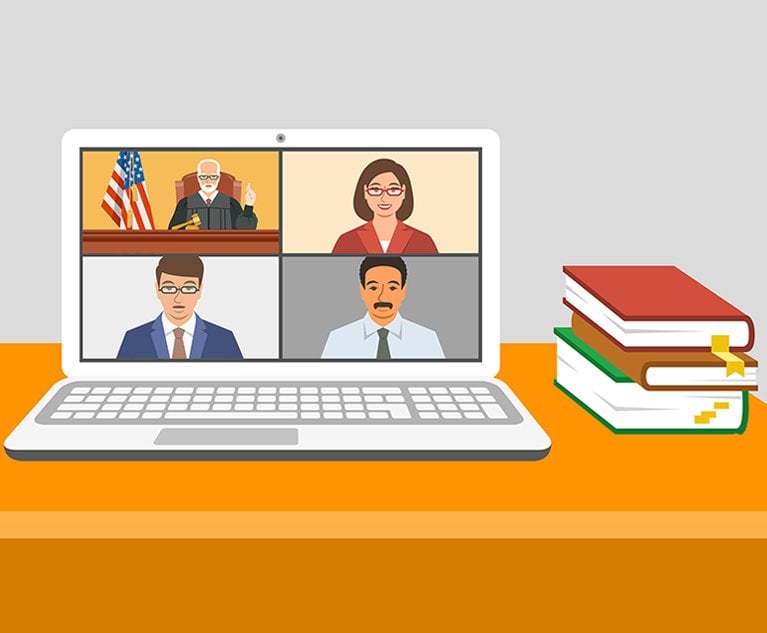Navigating the Future of Legal Procedures With Seamless Remote Depositions Solutions
As technology proceeds to breakthrough, the assimilation of seamless solutions for remote depositions has actually become necessary for lawful professionals looking for reliable and economical ways to perform depositions. By discovering the ins and outs of navigating the future of lawful procedures through smooth remote deposition options, a clearer understanding of the possibilities and intricacies that lie in advance can be gotten.
The Rise of Remote Depositions
This shift has actually been mainly driven by the demand for versatility, performance, and cost-effectiveness in legal procedures (REMOTE DEPOSITIONS). Remote depositions permit lawyers, witnesses, and court reporters to take part from different areas, eliminating the need for physical existence in a specific deposition room.
Additionally, the innovations in video conferencing platforms and digital tools have actually boosted the overall experience of remote depositions, making sure clear audio-visual interaction and safe and secure documents of testimonies. Lawyers currently have the alternative to flawlessly schedule, record, and record depositions easily, streamlining the entire process.
As technology continues to develop, remote depositions are expected to end up being also more common in the legal market, providing a practical and effective service for carrying out depositions in a hectic and interconnected world. (REMOTE DEPOSITIONS)
Benefits of Seamless Technology Integration
How does smooth technology assimilation enhance the performance and effectiveness of remote depositions in the lawful industry? Seamless modern technology combination plays an essential role in simplifying remote depositions, providing a myriad of advantages to legal experts.
Furthermore, seamless modern technology combination makes it possible for protected and trusted data transmission, making sure that sensitive info shared throughout depositions is safeguarded. Advanced features such as digital exhibits, electronic trademarks, and video clip conferencing enhance the overall performance of remote depositions, simulating the in-person experience with included convenience. Furthermore, the combination of transcription solutions and AI-powered devices can further improve the deposition procedure, saving time and minimizing the margin of mistake.

Conquering Challenges in Virtual Process
To successfully browse virtual proceedings, lawyers must deal with and get over various obstacles that arise in the digital atmosphere. Among the key challenges encountered in digital proceedings is guaranteeing safe interaction and data defense. With sensitive info being shared online, preserving client privacy and protecting against information violations is paramount. Furthermore, technological troubles such as bad web connection or audio/video problems can interrupt the circulation of proceedings and effect the high quality of interactions between participants. Lawyers must also adapt to the lack of physical presence, which can impede non-verbal signs and interaction nuances crucial in legal contexts. Maintaining involvement and emphasis in digital settings can be challenging for both lawful groups and witnesses, potentially affecting the performance of the procedures. To reduce these difficulties, legal specialists need to buy trustworthy innovation, establish clear methods for virtual proceedings, give training on online etiquette, and make certain backup plans remain in place to resolve technological issues promptly. By proactively resolving these difficulties, lawful experts can enhance the performance and performance of online proceedings.
Ensuring Safety And Security and Conformity Measures
In the realm visit their website of lawful process, protecting safety and making certain conformity measures is of critical value for keeping trust and supporting the stability of the procedure. With the change in the direction of remote depositions, ensuring the safety and security and privacy of sensitive info traded throughout these process is critical. To achieve this, lawyers need to take advantage of safeguard on-line systems that use end-to-end security, secure access controls, and conformity with sector laws such as HIPAA and GDPR.

Future Trends in Legal Technology Combination
As the legal landscape continues to evolve with remote deposition options emphasizing safety and conformity, the assimilation of advanced lawful innovations is positioned to shape future fads in the legal market. AI-powered devices can assist in lawful research, contract evaluation, and also anticipating instance outcomes based on historic information.
Additionally, cloud-based remedies are ending up being significantly popular in the lawful field. Cloud innovation uses boosted flexibility, scalability, and access, allowing lawyers to function collaboratively from anywhere with an internet connection. This pattern not just boosts effectiveness yet additionally advertises cost-effectiveness by decreasing the need for physical facilities and upkeep.
Furthermore, blockchain technology is making its method into legal technology integration, using safe and secure and clear means to handle sensitive information, improve deals, and validate the credibility of lawful documents. By embracing these future patterns in legal tech combination, law office can stay ahead of the curve, improve customer services, and adapt to the altering demands of my blog the industry.
Conclusion
To conclude, the combination of seamless remote deposition solutions has reinvented legal procedures by offering various benefits such as increased efficiency, cost-effectiveness, and availability. In spite of dealing with difficulties in virtual proceedings, developments in technology remain to resolve security and conformity problems (REMOTE DEPOSITIONS). As the lawful industry embraces more combination of innovation, future trends aim in the direction of a much more streamlined and efficient lawful process